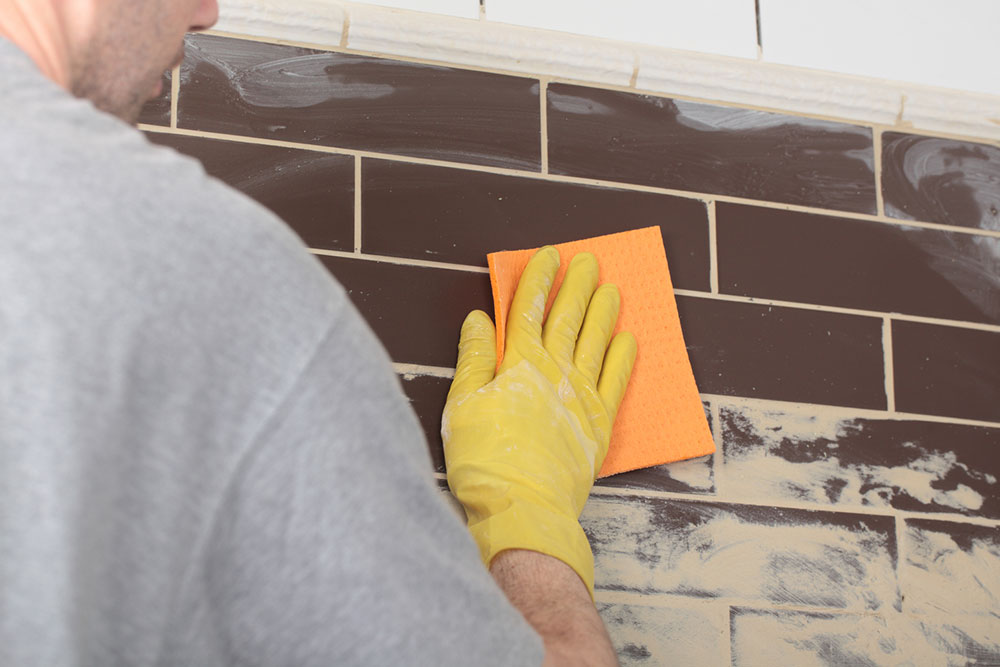
5 things that should not be cleaned with paper towels
All household items need regular cleaning to maintain a hygienic space, and some things even need weekly deep cleaning. Paper towels may seem convenient for cleaning some surfaces, especially in the kitchen; however, there are other, more effective, and environment-friendly cleaning techniques. In fact, certain items just get scratched, dulled, or dirtier after being cleaned with a paper towel. So, here are some common things that should not be cleaned with a paper towel.
Carpets
An easy solution to a spillage on the carpets or the rugs is quickly grabbing a paper towel and wiping or scrubbing the spill away. However, using a paper towel leaves paper residue on the carpet that goes into the fibers and does not tidy up the area. Experts suggest using a clean, dry cloth to help soak up the spill without leaving residue behind. One can then use any carpet-friendly detergent to gently wash the area.
Bathtub
If one is looking to remove the residue that usually collects in the bathtub, the sink, or even the shower, then one must avoid using paper towels. It can seem like a convenient way to clean since it only involves using a towel to remove the dirt and throwing it in the trash can, but this can leave stains on the ceramic material. One of the best ways to remove any residue from these structures is to use some dish soap along with vinegar that helps cut through the grime and dirt and allows for it to get washed away.
Dinner plates
Using a paper towel to quickly clean the dinner plate may leave some paper towel residue on the surface. Not to mention that the ensuing friction will lead to tiny scratches on the plates due to some tiny dust particles. A clean, damp cloth to wipe down the dinner plates or other dinnerware like cups, bowls, and glasses is always advised.
Electronic screens
The screens in gadgets like TVs, phones, and even laptops are made up of LCD screens. These are extremely sensitive and need proper care and attention. Using a paper towel can potentially lead to permanent etching on the screens due to the fibers on the paper towel. This can severely degrade the quality of screen and viewing experience for the people. A microfiber cloth and a gentle cleanser that dampens the cloth is the right choice to clean the screens in the house. Also, one must not apply too much pressure while cleaning the screens as it may lead to some damage on the inside.
Fresh produce
One might wash the fresh vegetables and fruits one buys at the market as soon as one gets home. While it might be a tempting idea to quickly clean the produce with a paper towel, experts recommend otherwise. They suggest laying down all the wet produce on an absorbent, clean, and dry towel till the water from it slowly gets absorbed. After this, one can pat dry the fruits and vegetables using the same towel before storing them.


